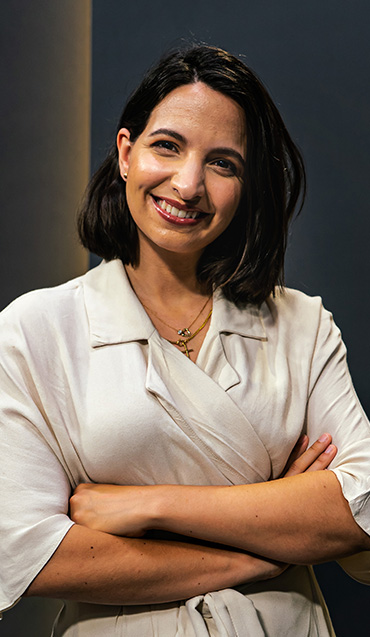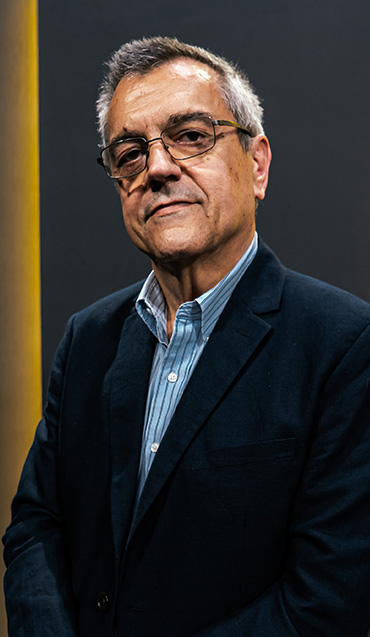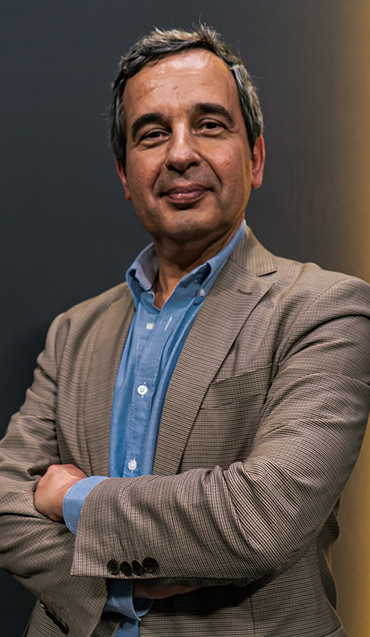Episode 6 – Sustainable Cities
In the sixth episode of our podcast, three experts explain, over 45 minutes, what a sustainable city is, what the difference is between sustainable cities and smart cities, and how we can all contribute to making cities more functional, balanced and respectful of the planet?
Meet our experts

Catarina Barreiros
Founder & CEO of Do Zero
Catarina Barreiros
Founder & CEO of Do Zero
Graduated with a major in Architecture and with a master's degree in Management, she was a fashion stylist and worked in Digital Marketing, in a luxury product company, and in a pharmaceutical company. The documentary Cowspiracy and a conference on Zero Waste generated the first concerns with sustainability. She created the blog Do Zero and today seeks to live with the minimal ecological footprint possible.

José Manuel Viegas
Chairman of the EDP Environment and Sustainability Board
José Manuel Viegas
Chairman of the EDP Environment and Sustainability Board
Graduated in Civil Engineering from Instituto Superior Técnico, where he taught for more than 20 years. He was the National Director of the MIT-Portugal program's Transport Systems Area, Secretary-General of the OECD International Transport Forum, and founder/CEO of TIS. He has been the Chairman of the EDP Environment and Sustainability Board since 2018.

Paulo Líbano Monteiro
Director for Innovation and Technology at E-REDES
Paulo Líbano Monteiro
Director for Innovation and Technology at E-REDES
Graduated in Electrical Engineering from Instituto Superior Técnico, he was a researcher at INESC for almost a decade. He was the Director of CASE and Portabil, and ten years ago he joined EDP, where he was involved in INOVGRID, among other projects. At the beginning of 2021 he took on the position of Director for Innovation and Technology at E-REDES.
We continue to invest in a variety of projects to make cities greener, more sustainable and more inclusive.
Catarina and Rodolfo cycle around Lisbon. O arquiteto e a fotógrafa e realizadora têm um talhão numa horta comunitária, onde, em cerca de 100 m2, plantam e colhem os legumes mais sazonais. In this way, they not only change their relationship with food, but also help to change the face of our cities.

